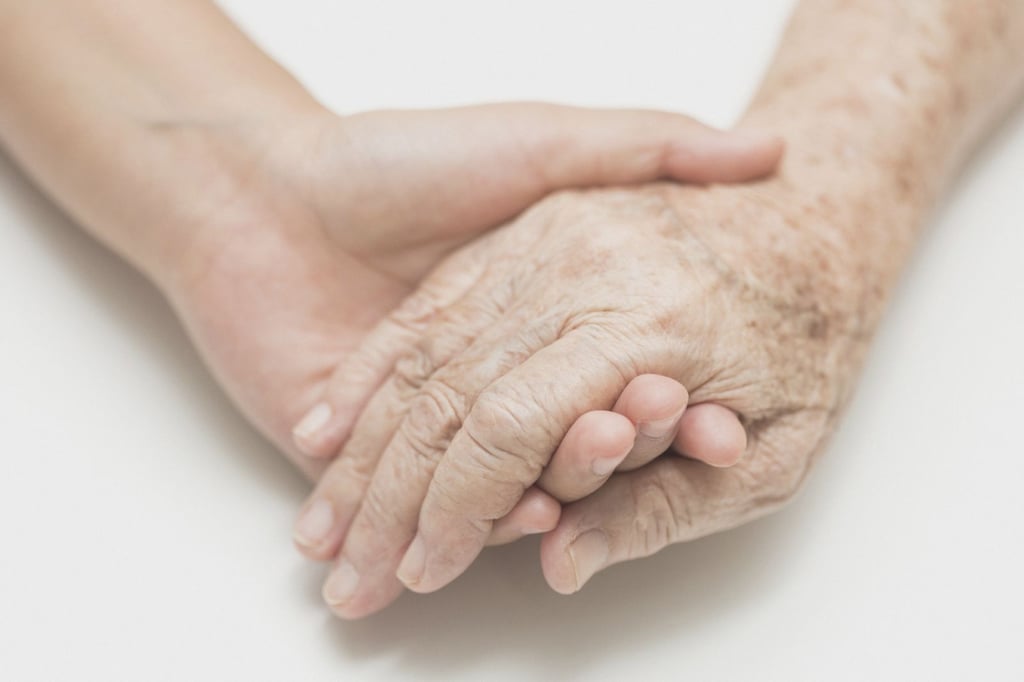An informal caregiver is an unpaid family member, spouse, neighbor or friend who is actively involved in caring for a loved one’s medical needs and day-to-day tasks. A formal caregiver is a paid worker who assists with the same activities in one’s home or in a care setting such as a senior living community.
Although gratifying, the role of informal caregiver involves the enormous responsibility of caring for a loved one, while balancing personal, work and family life. At times, this can be demanding and stressful, and this extra level of responsibility can weigh heavily on caregivers often resulting in caregiver burnout. Though some believe stress and anxiety are common when caring for an aging adult, caregiver burnout can have serious negative impacts on your wellness. Here are some vital signs of family caregiver burnout and how they can affect your health:
Lack of Energy
You are noticing you have less energy than usual and feel constantly exhausted. When your stress levels increase, it takes a toll on the body and can increase your risk for depression, cause mood swings and weaken your immune system. Your body needs to recharge and revitalize and sleep is the best medicine for this. A solid night’s sleep will help rebuild your brain and body’s energy.
Physical Ailments or Illness
You feel rundown or are dealing with headaches, stomachaches, and other physical pains. If this is the case, your immune system may be compromised due to stress and sleep deprivation. Once your body reaches this point, it may continually be on the verge of illness and affect your ability to provide quality care to a loved one.
Neglecting Your Wants and Needs
You no longer have interest in activities you once enjoyed, and you no longer make time for your wants and needs. Although caregiving is time-consuming, it should never take up 100 percent of your time. It is essential to make time for yourself to improve your own mental and emotional wellness. Take the time to do the things that bring you joy. Although a small step, it will result in significant benefits to your overall well-being.
Many family caregivers do not recognize when they are suffering from overextension and eventually, push themselves to a point where they cannot function effectively. It is important to seek help if you notice any signs of caregiver burnout – ask a family member or friend to help with tasks, reach out to a medical professional regarding your health, join a support group, or call your local Fieldstone community to learn more about respite care.


